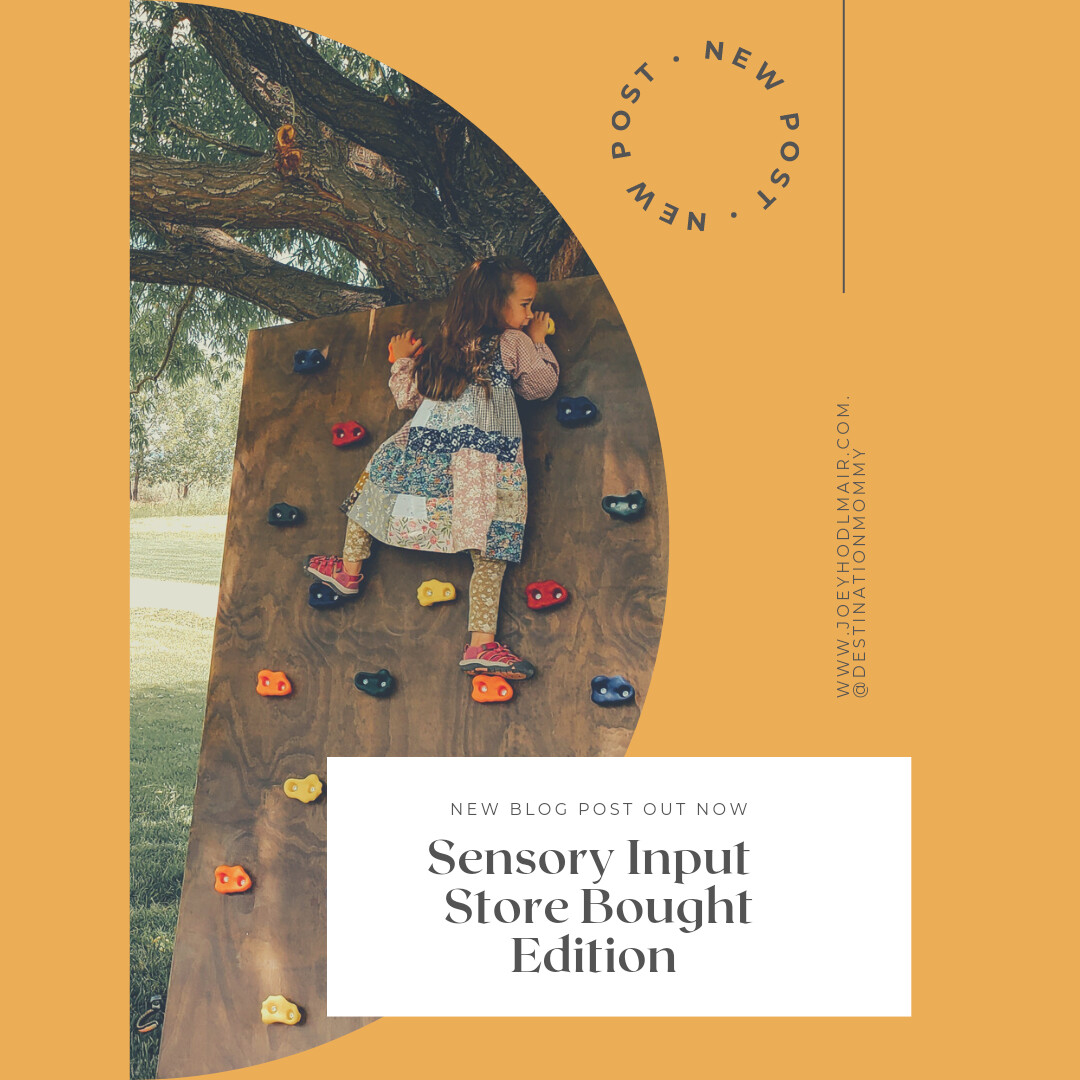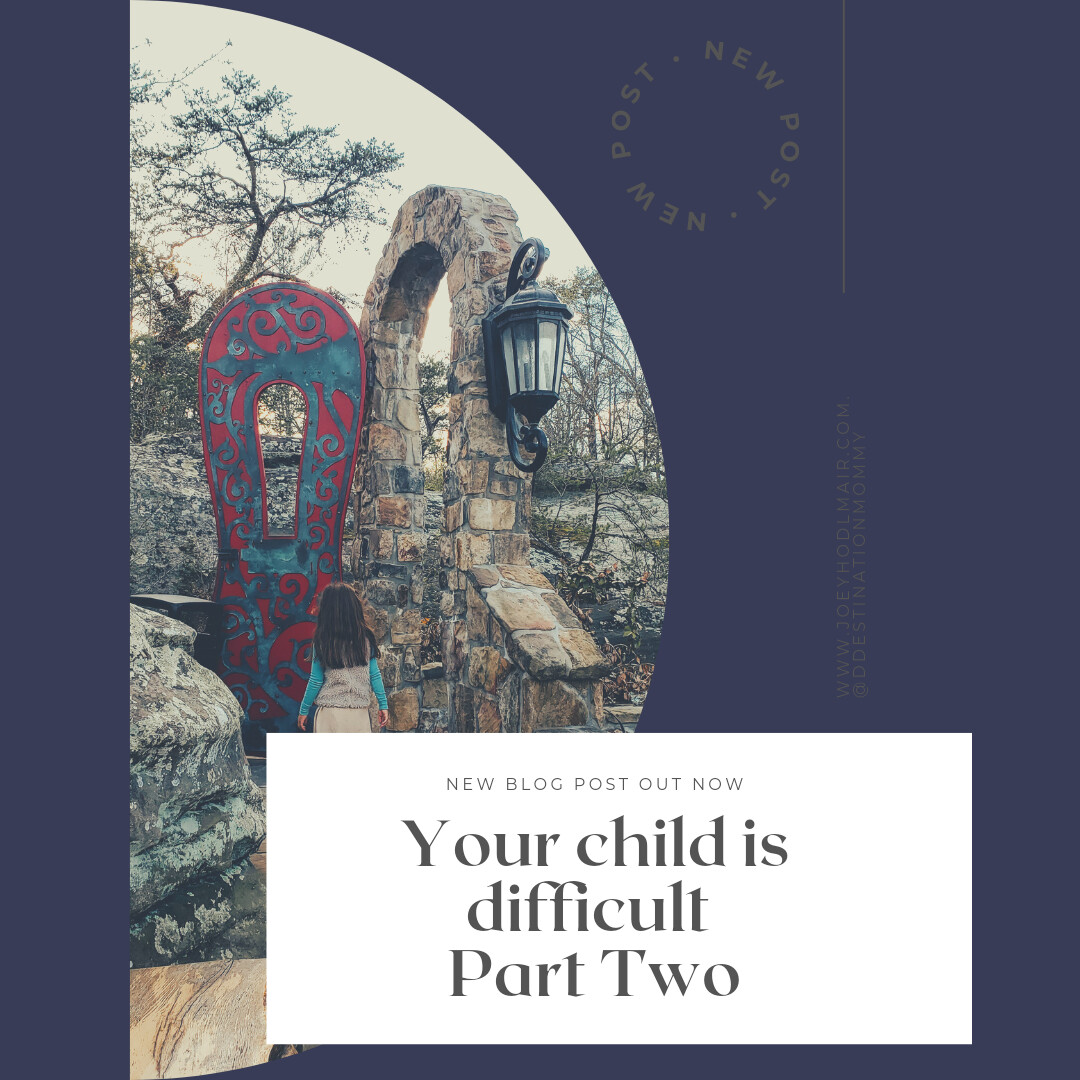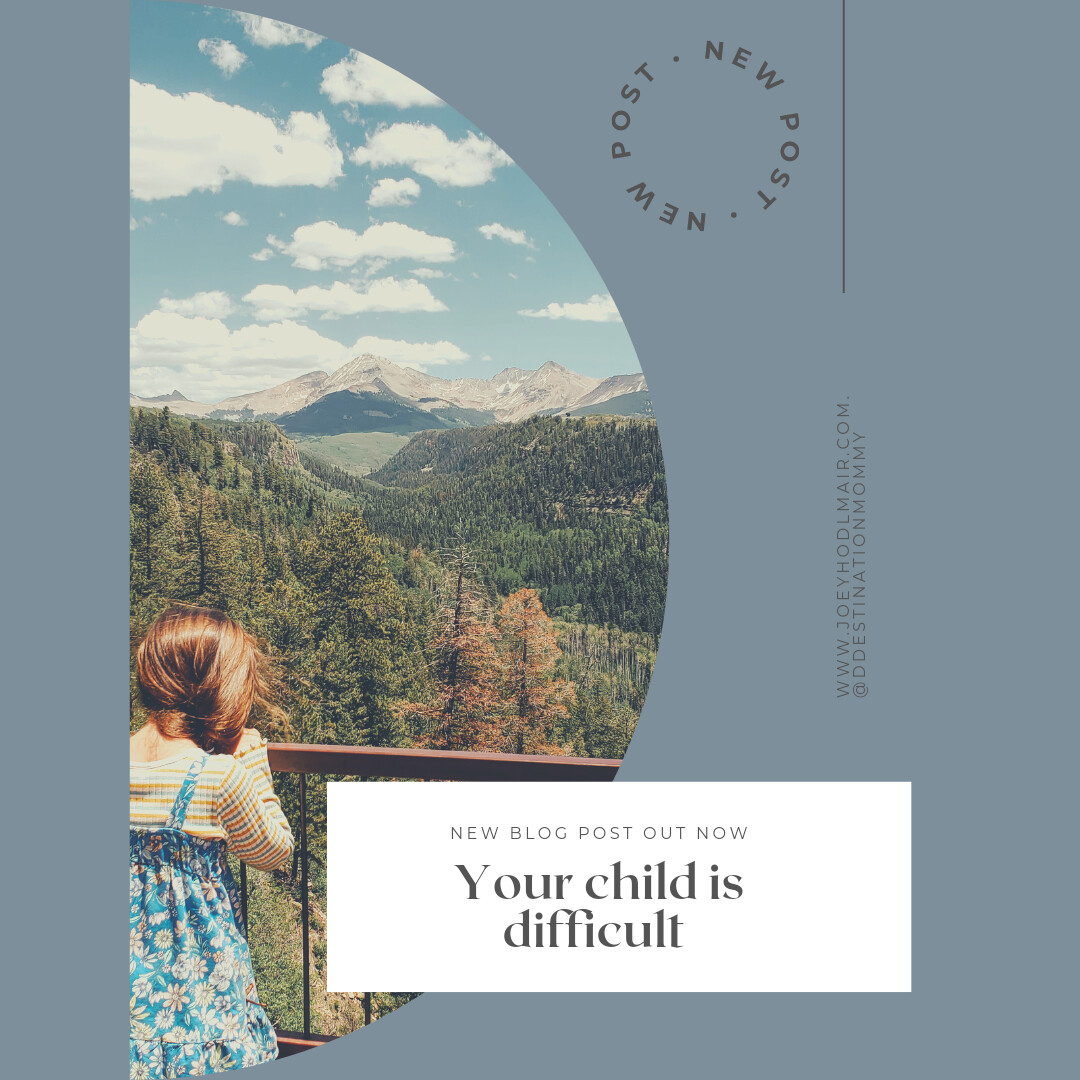
Have you ever felt alone, misunderstood and/or brushed off when you talk about your child's big emotions?
It's not uncommon to hear "It's a phase, it will get better as they get older." People mean well, but they don't understand that raising an empath is not a phase. Raising an empath is a beautiful journey, when you have a tool box and a hand to hold.
Let's jump in-Here are my top five ways to navigate the world with an empath.
1. Prepare for everything-Sounds impossible, but it's not.
Empaths thrive with routine. Surprises and any changes to the normal aren't welcomed. So how can you be prepared when life happens.
Prepare-find ways to help your empath work through changes in routines or the unexpected. For my daughter-I carry books with us. Books I know she loves. When something shifts in our day, I take time to read to her while she processes what she is feeling. For some children physical activities provide a release. Things like tearing paper, rolling on the ground, pounding play dough...The key is finding what works for your child.
Avoid surprises when possible-Talk about upcoming events. For things like first time going somewhere, try to find pictures of it online to share with your child. Is their first school experience coming up? Ask to take a tour of the school and meet the teacher ahead of time, when it's just you and your empath. Side note- don't hide your child's personality. Make time to talk with anyone that cares for your child, ahead of time (without your child present).
2. Boundaries and comforting spaces
Our empaths take in environmental information that is missed by others and they react. Navigating this is often as simple as having boundaries and being aware.
Think through your day. If you have a special event, like a birthday party, you will want to let go of something else for the day. When our children are younger we do this for them while explaining why-" We have a busy day, so instead of doing everything we need to take something off the plate." Build this now, so that your child can learn to set these boundaries on their own when they are older.
Make time to decompress. This is incredibly important on a "normal" day, but even more important when the routine has changed.
Do you have a comfort space? This may be your arms, a special blanket, spot in your home. For my daughter, it tends to be my arms. I have been home with her so good hasn't been an issue, but for many this isn't the case. If you aren't with your child, make sure they have something that comforts them.
3. Connect and offer validation
I think for most of us, the first thing we want to do for our child when they are struggling is solve their problem. We want to jump in-what our empaths need is for us to sit with them and validate their feelings. Instead of asking questions about why your empath feels the way they do, let them know you recognize how they are feeling and sympathize.
Staying connected with your emapth is important for so many reasons, when it comes to managing emotions, it's critical. Staying connected with how your child feels and how they are navigating their emotions will let you know when they need additional support.
4. Identify and name feelings
Emotional regulation and identifying and naming feelings go hand in hand. Sometimes our feelings take over and before you know it downward spiral. This is where you can step in. If your empath is shutting down and having a hard time speaking or expressing themselves you can help them make the connection between what happened and what they're feeling.
Example-
I noticed that after I gave you the red cup you became quiet and you seemed frustrated. I wonder if you're feeling frustrated because you wanted another color cup?
For some kiddos they may need a visual representation of how they feel. You can create emotion faces on a index cards (one emotion per card). When your child is overwhelmed, you can ask them to point to how they are feeling. If that is too much, you can try pointing for them and see if they will respond with a yes or no.
5. Gentle/respectful parenting
Among the characteristics of an empathic child is a strong awareness of morality and hypocrisy. Even at a very young age our empaths are very aware of "fairness" who follows the rules, those that keep their word and...
Whenever I talk with someone about discipline and the emapth I start by reminding them that their child as an empath is veey critical of themselves-Not only do they know they have done something upsetting or wrong, they have already had a conversation with themselves about it.
My approach-I ask what happened and I listen. We talk about our family rules and have clear connected consequences. We avoid judgement or statements that imply that the behavior makes the child bad or....Instead we say things like-"You made a choice that doesn't go along with our family rules, let's talk about this. Why do think this goes against our family rules? What can we do to move forward?" At times sharing a story of your own stumbling as a child helps our little see that we make mistakes as well.
More importantly-hold space for your emapth to process. Do not rush a conversation about their behavior. Give them time to process. Don't isolate your child unless they ask to be alone. Stay calm yourself and remember the overwhelm you feel is felt by your emapth-so take time to breathe. If you're in a public space, take a minute to drop everything and find a way to move where your empath doesn't feel watched. Remember they pull in energy from the outside world. They most likely feel shamed when you try to work through big emotions in front of others. Speaking of shame-avoid using this.
This is a lot of information and it has been condensed, but I believe the bigger picture is clear.
*Raising an empath takes us on a journey of connecting with a very sensitive and aware human.
*It pushes us to be aware of our own emotions and childhood.
*It makes room for us to heal so we can be the parent our child needs.
Remember this- no one is perfect, we all fumble. Take time to apologize to your child/children when you aren't the role model parent. Model being gentle with yourself so your child sees this and hopefully follows the lead.
Are you following me @raisingempathywithme? If you're raising an empath/highly sensitive child-I created a private account to connect. I would love to have you join me there.
Need more personalized support? Click HERE to schedule a free call.
Thank you for being here. Remember you're not alone on this journey. There are hands to hold and I look forward to walking this path with you.
Joey












0 Comments